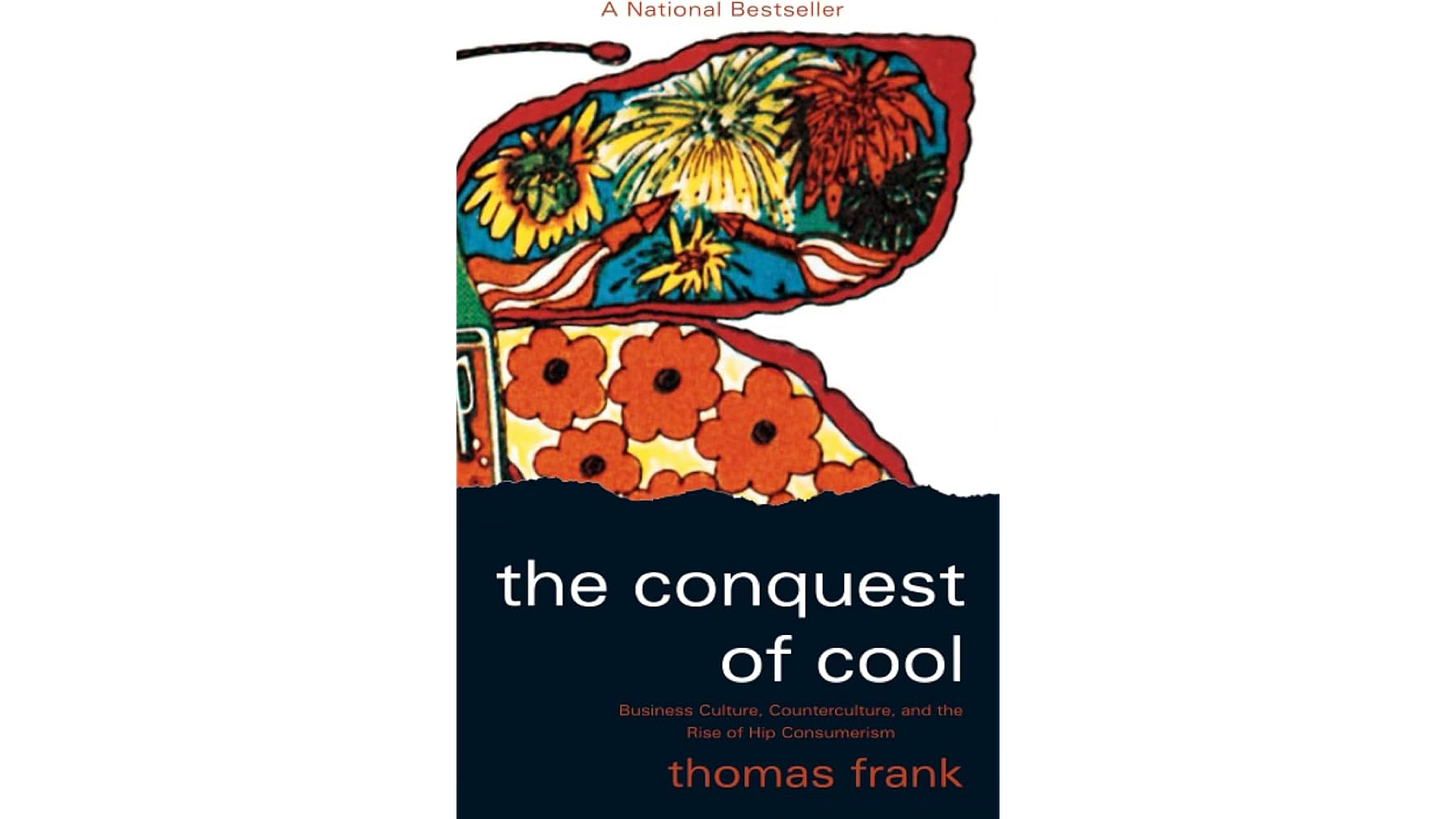aura farming
things right now 039—week of 06.02.25
To alleviate our collective economic pain, 8Ball subscriptions are 20% off for the next month. Find the offer here: www.8ball.report/recession
Swagless or "Toward a Unified Theory of Uncool" by Ock Sportello
Aura Farming or "cool points"
Psyops or The Conquest of Cool by Thomas Frank
Newyorkish or Hamish McKenzie on taste
We live in swagless times—at least according to Ock Sportello: the triumph of Zyn over cigarettes, the invasion of the West Village by basic bottle blondes, the never-ending decline in NBA viewership:
I’ve joked with friends that the last decade of unsustainable, genetically-modified aura farming in the NBA has depleted the topsoil and established the preconditions for a swag dust bowl. The NBA’s crisis of cool concerns culture around it insofar as the NBA, more than anything else, is in the business of selling cool. All professional sports leagues exist to sell advertisements, but the NBA is itself a sort of advertisement for its aesthetics, personalities, and sneakers—if there’s an NBA deep state, the Nike headquarters is where they conspire. The league is, not coincidentally, the primary intermediary between many among its multiracial fanbase and Black American culture. It’s one thing if Patrick Mahomes is a dork; Jayson Tatum being lame is another question entirely.
I wouldn’t know. I am not schooled in swag. For me, the word conjures some horrifying Aziz Ansari sketch on Parks and Recreation or gift bags at influencer events. Like a linguistic glitch, swag’s dual meaning doomed it to short circuit. Emerging in the 2010s as shorthand for both swagger i.e. confidence and as an acronym for stuff-we-all-get i.e. gift bags at marketing events, swag broke the code of silence surrounding marketing’s open secret: cool is something to buy, not something to be.
Sportello notes this:
…Instagram starter-pack-brain has convinced young phone users, consciously or otherwise, that they and the people around them are the sum of the objects they carry with or on them…
Carefully constructed over the course of the twentieth century as much by advertising executives as the avant-garde—read Thomas Frank’s The Conquest of Cool if you want more detail on this—cool was a strategy to manage consumer desire:
How to stoke desire
How to redirect desire
How to cloak desire
How to give desire an alibi
How to navigate the trade-off between desire and status
Keep reading with a 7-day free trial
Subscribe to 8Ball to keep reading this post and get 7 days of free access to the full post archives.




